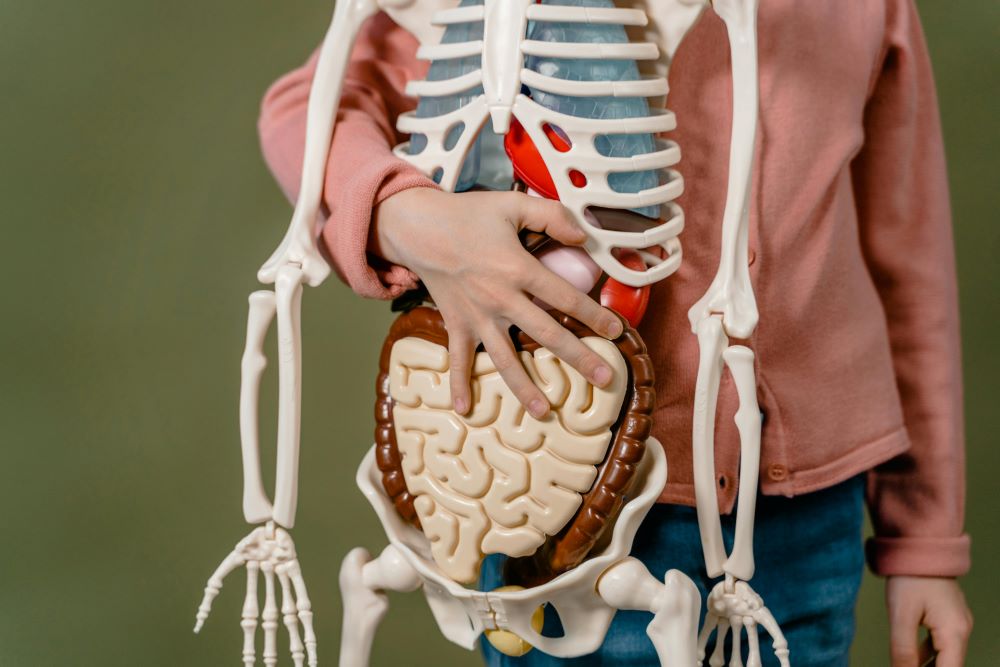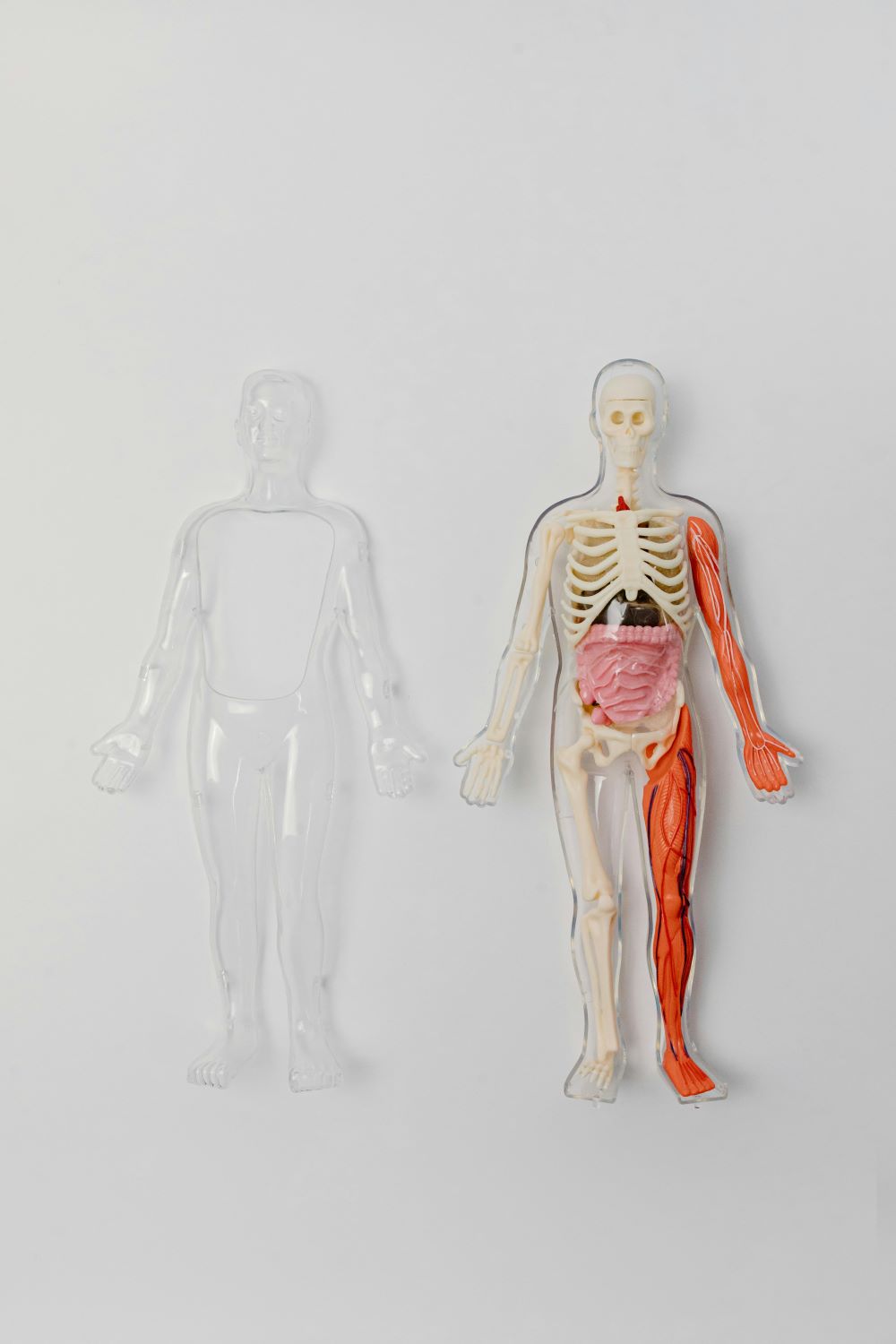Researchers focus on the interplay between the brain, other organs, and both physical and mental health.
In a new study from researchers at University College London (UCL), the University of Melbourne, and the University of Cambridge has revealed news insights into the connection between physical and mental health. Published in Nature Mental Health, the study emphasizes the significant influence of biological pathways involving the brain and other organs have on maintaining well-being.
The researchers analyzed data from the UK Biobank, focusing on more than 18,000 individuals. Among these participants, 7,749 had no major clinically diagnosed medical or mental health conditions, while 10,334 had been diagnosed with schizophrenia, bipolar disorder, depression, or anxiety. The data showed there is a strong association between poor organ health and symptoms of depression, highlighting the link between physical condition of various organs to mental health issues and emphasizing that the brain acts as a mediator of sorts in regulating both.
Dr. Ye Ella Tian, the study’s lead author from the Department of Psychiatry at the University of Melbourne, said, “Our study uncovers multiple pathways through which the deterioration of organ health can lead to poor brain health, which in turn can negatively impact mental health. By integrating clinical data, brain imaging, and a wide array of organ-specific biomarkers in a large population-based cohort, we have, for the first time, established that the brain plays a mediating role in this process.”
The study looked specifically at the lungs, muscles, bones, kidneys, liver, heart, as well as the metabolic and immune systems, finding that poor physical health in any of these organs could lead to changes in brain structure, which contribute to, or worsen, mental health conditions like depression and anxiety. The research team also examined the role of various lifestyle factors, including sleep quality, diet, exercise, smoking, and alcohol consumption. These modifiable factors could potentially improve mental health by positively influencing specific organ systems and neurobiological pathways.

Professor James Cole from UCL Computer Science, a co-author of the study, said, “While it’s well-known in healthcare that the body’s organs and systems influence each other, this concept is rarely reflected in research studies. The results of our study emphasize the value of combining measures from different parts of the body to gain a more comprehensive understanding of health.”
Professor Andrew Zalesky, another author from the Departments of Psychiatry and Biomedical Engineering at the University of Melbourne, further elaborated, “This research is significant because it demonstrates the link between physical health and mental health conditions like depression and anxiety, and how this link is partly influenced by changes in brain structure. Our results suggest that poor physical health across multiple organ systems, such as the liver, heart, immune system, and musculoskeletal system, may lead to subsequent alterations in brain structure. These structural changes in the brain may then contribute to or exacerbate symptoms of depression and anxiety, as well as traits like neuroticism.”
The team hopes their findings will encourage further investigation into the interconnectedness of the body’s systems and lead to more integrated approaches to healthcare that consider both physical and mental health simultaneously. By identifying and addressing the specific pathways through which physical health impacts the brain, healthcare providers can be better equipped to address influence of these on mental and physical ailments, offering new hope for those living with these conditions.
Sources:
Pathways linking body and brain health and impacts to mental health revealed
Study reveals how physical health impacts mental health via brain pathways
Brain, lifestyle and environmental pathways linking physical and mental health


Join the conversation!